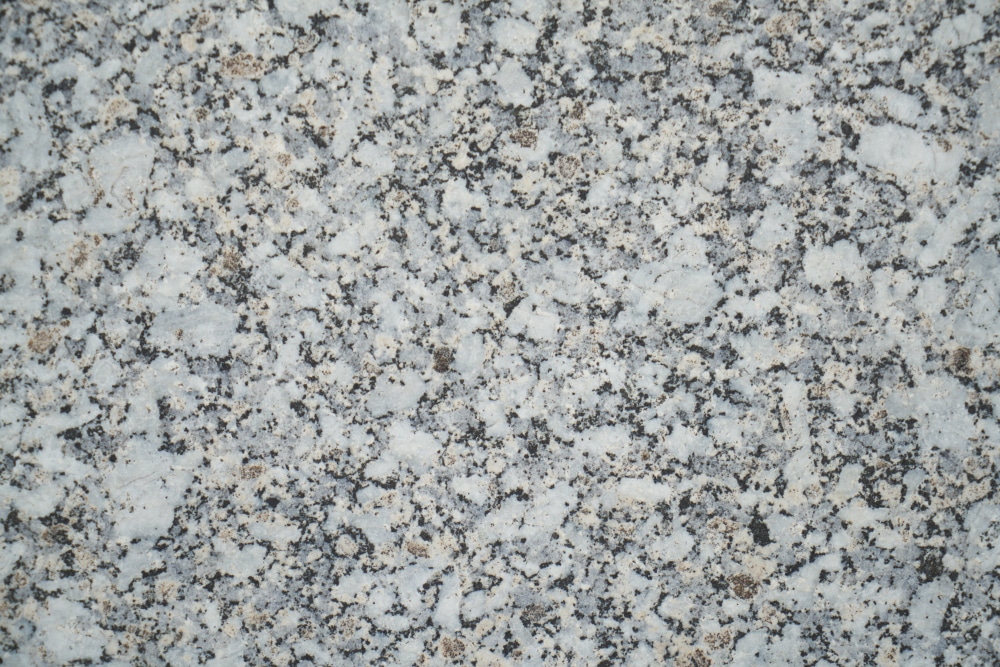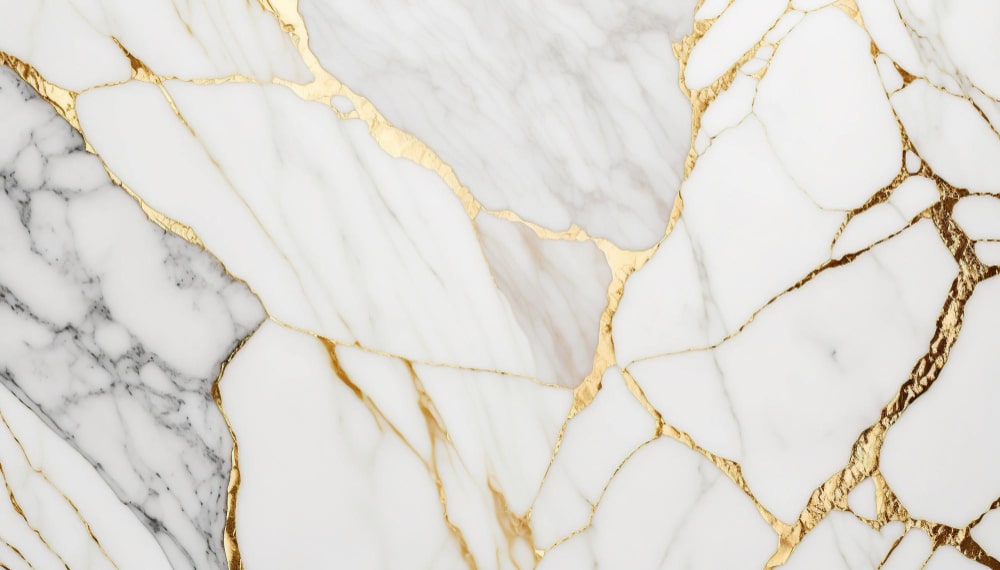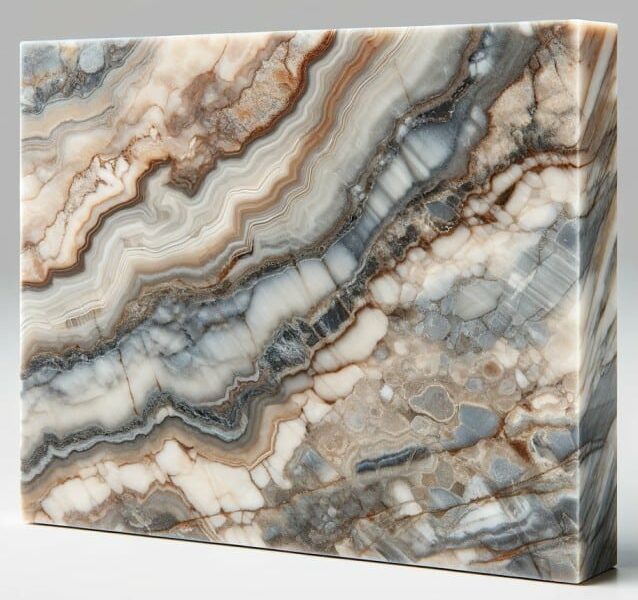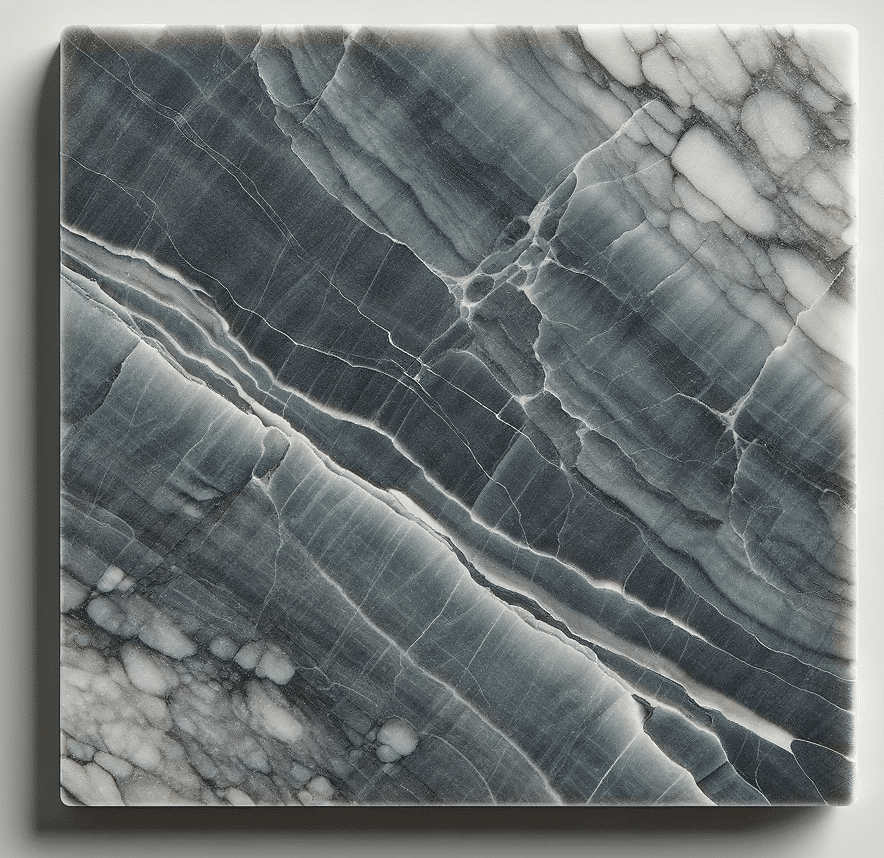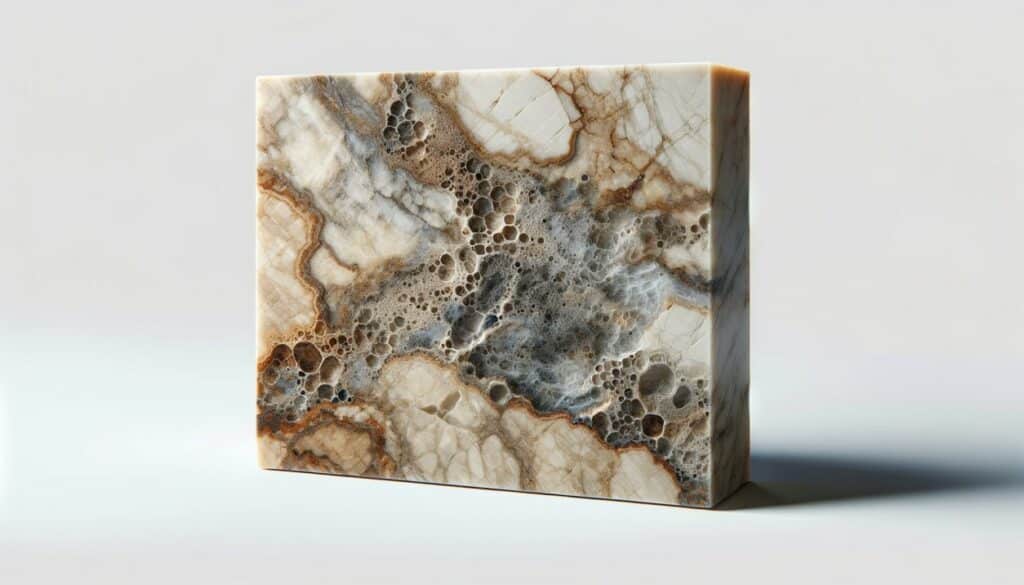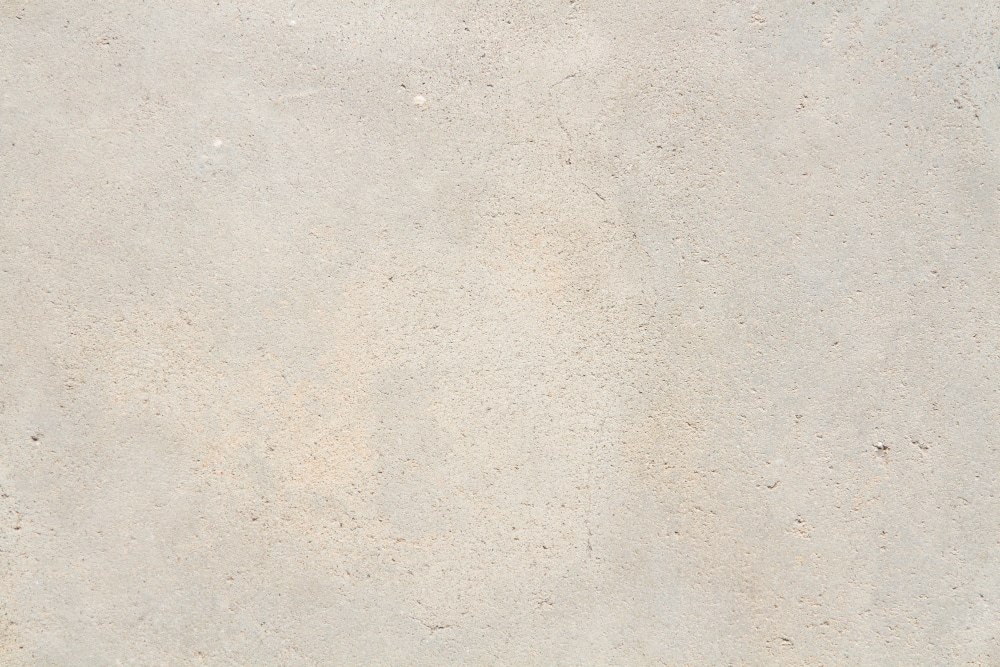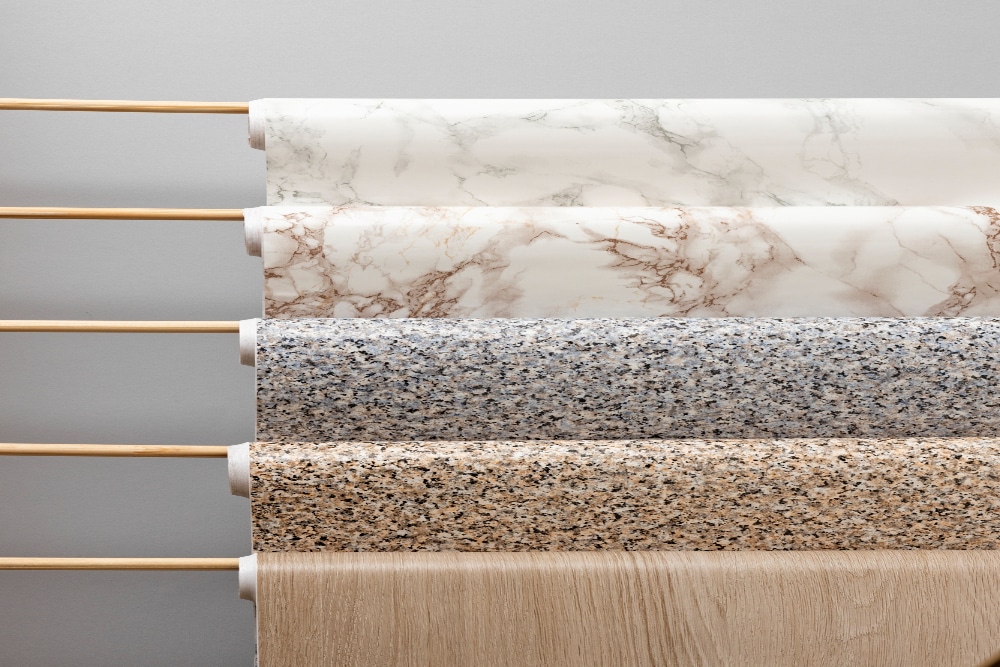
Best Natural Stones for Kitchen Countertops: A Comprehensive Guide
Imagine your kitchen countertops where strong natural stones like granite, glossy marble, and colorful quartzite come together, creating a special combination where matte soapstone shows off its cool style, and rustic travertine adds charm. Limestone gives warm hugs, and onyx, a mysterious gem, adds a touch of magic. Are you ready to discover these amazing natural stones that make your kitchen countertops feel luxurious? Let’s explore their stories!
Meet the Natural Stones
Let’s get to know the stones for your kitchen! Natural stone countertops are like choosing the perfect ingredient for a recipe. Get ready to learn about granite, marble, quartzite, soapstone, travertine, limestone, and onyx.
1: Granite – Super Strong and Cool Patterns
Granite is like a superhero for your kitchen. It’s super strong, can handle heat, and doesn’t scratch easily. Plus, it comes in cool patterns that make your kitchen look amazing.
2: Marble – Fancy and Glossy
Marble is like the fancy dress of stones. It’s super smooth and shiny, but you need to be gentle with it because it can get stains easily. Learn how to keep your marble looking fancy!
3: Quartzite – Tough and Colorful
Quartzite is the tough guy in the stone family. It can handle heat and comes in lots of colors and patterns. Find out why quartzite is a great choice for a strong and colorful kitchen.
4: Soapstone – Matte and Heat-Resistant
Soapstone is like the cool kid with a matte finish. It can handle heat like a champ, but watch out for scratches. Discover how to show off soapstone’s cool matte style while keeping it scratch-free.
5: Travertine – Rustic and Needs Love
Travertine has a rustic look with natural holes, but it needs a little extra love. It’s not as tough as some stones, so learn how to give your travertine the care it deserves.
6: Limestone – Warm and Smooth
Limestone is like a warm hug for your kitchen. It’s smooth and feels nice, but it can scratch and stain easily. Explore how to keep your limestone feeling warm and looking smooth.
7: Onyx – Translucent Beauty
Onyx is the artist of the stone world. It’s translucent, which means light can shine through. But be gentle with onyx – it’s not as strong as other stones. Find out how to let onyx shine without hurting it.
Conclusion: Your Stone Adventure Begins!
Now that you know your stones, it’s time to pick the perfect one for your kitchen adventure. Each stone has its own superpowers and needs a bit of care. Make your kitchen or bathroom amazing by choosing the right stone and giving it the love it deserves!
Frequently Asked Questions
Q1: How do I protect my marble countertops from stains?
To protect marble countertops, make sure to seal them regularly, as marble is porous and can stain easily. Clean up spills quickly, especially acidic substances like lemon juice or tomato sauce, to prevent etching. Use coasters under glasses and place mats under dishes to avoid scratches and stains.
Q2: Can I put hot pans directly on my granite countertop?
Granite is heat resistant, so you can put hot pans on it, but it’s still a good idea to use a trivet or hot pad. This prevents potential thermal shock, which can cause cracks, and protects the sealant on your countertops from getting damaged by the high heat.
Q3: How often should I seal my quartzite countertops?
Quartzite countertops should be sealed once a year to maintain their resistance to stains and etching. However, the frequency can vary based on the stone’s porosity and the amount of use your countertops get. Performing a water test can help determine if your countertops need resealing.
Q4: What’s the best way to clean soapstone countertops?
To clean soapstone countertops, use a soft cloth or sponge with mild soap and water. Avoid using harsh chemical cleaners as they can damage the stone. Soapstone’s natural patina develops over time, and you can enhance it with mineral oil to even out the color and reduce the appearance of scratches.
Q5: How do I repair scratches on my limestone countertops?
For minor scratches on limestone, you can gently sand the area with fine-grit sandpaper, followed by applying a stone sealer to protect the surface. For deeper scratches or chips, it’s best to consult with a professional who can perform repairs without damaging the stone further.

